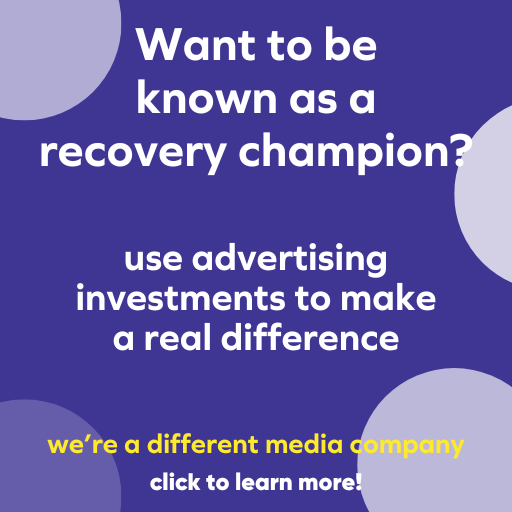Eleven years.
It took me 11 years to painfully claw through just two years of college.
My family immigrated to the United States with $100 so my sister and I could access high-quality education.
Three generations of female doctors, who lived through WWI, WWII and immigration, preceded me. They were tough, I thought, while I was a dejected junkie deluded by the idea that I could ever hold a respectable career.
I spent my nights with seedy characters in scary places, so my days in lecture halls, falling asleep in textbooks, felt like a sham.
I was not ready to abstain from drugs and hear the hopeful, miraculous stories of people in recovery, but I sure needed hope. My classmates, while often shocked when I’d text them “I’m going to detox” instead of attending finals, held space
for me.
I learned second chances do exist—that I could fail Macroeconomics one semester, yet ask for help from my professor to pass the next time.
I accessed learning support, and learned acronyms like APA (APA is the style of documentation of sources used by the American Psychological Association) and MLA (Modern Language Association) to support my scholarly writing, while
acronyms like AA and NA and other “A” groups were still far out of my reach.
I learned that while chaos theory fascinated me, I’d never be great at math. I was exposed to other populations of people who knew what it meant to be judged harshly, like my friends in the school’s Queer Student Center.
Three years. It clicked.
Through the warm embrace of the recovery community in Portland, Maine, who held me through several relapses, my spirit began to heal.
I finished the last half of undergrad, completed grad school, and got a professional (conditional) license as a therapist in three years.
A year before I received my master’s degree, the familiar narrative of not-enoughness came for a visit, and I sat with the dean of my program to inquire about a PhD. When I realized a doctorate in social work meant more math courses, I quickly embraced that while no one would ever call me doctor, I could still help heal wounded people.
Now, friends say I work too much. The truth is, I love my job as a therapist. Sitting with people who are desperate to find meaning and cheering them on is a privilege. Sometimes, clients and peers share their fears about higher education with me and ask how I did it.
Like recovery, education means freedom.
While I chose a helping profession, which is an easy reach from recovery work, some of the most helpful, generous sober people I know work in the business world. The best part is that there doesn’t need to be a “when I get sober, I will…” My education journey ran parallel to my road to recovery.
While the idea that a degree—a piece of paper—dictates our worth is false, it gives us opportunities to become changemakers in novel ways, destigmatizing and empowering our community.





